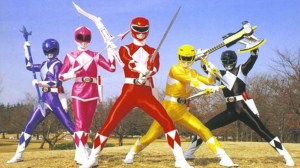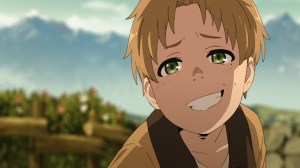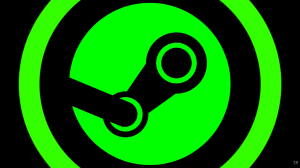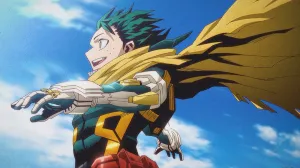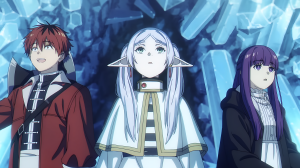The sprawling nature of the Star Wars saga often causes discussions and, oftentimes, passionate disagreements about the nature of official canon, though Lucasfilm exec Matt Martin recently reminded fans that, while there is an importance that comes along with the series’ canon, that narrative all relates to fictional events anyway and that fans are allowed to evaluate what is “official” canon on an individual basis. Given that the events of the various narratives, regardless of the medium, are all fictional anyways, Martin’s discussion about the nature of canon more specifically addresses the notion that there aren’t infallible sacred texts in regards to the galaxy far, far away that convey objective truths.
Videos by ComicBook.com
“So to summarize: there is a reason that we need to internally know what is and isn’t canon so we can keep our line of official storytelling as aligned as possible but that doesn’t mean fans can’t individually pick and choose what they want to accept as true,” Martin shared on Twitter. “It’s all fake anyway so you can choose to accept whatever you want as part of the story.”
Following the conclusion of the original trilogy of films, the adventures of its characters, as well as all-new creations, were explored in follow-up novels, comic books, and TV specials, with these complex narratives sometimes contradicting the events of others. When Disney purchased Lucasfilm in 2012, it streamlined the franchise by deeming only the six live-action films and the events of the animated Star Wars: The Clone Wars as being the official events of the galaxy’s canon going forward. While some fans appreciate the studio condensing its history, fans of those ancillary stories, now deemed part of the “Legends” corner of the franchise, were disappointed that those stories were no longer considered “official.”
In this regard, these debates about what is or isn’t canon is an issue caused by the studio itself, as it specified that certain stories weren’t canon, leading all fans to start questioning the semantics of the “official” timeline.
So to summarize: there is a reason that we need to internally know what is and isn’t canon so we can keep our line of official storytelling as aligned as possible but that doesn’t mean fans can’t individually pick and choose what they want to accept as true.
— Matt Martin (@missingwords) May 9, 2020
“If you choose to only accept the real official canon: cool. If you like to mix and match between continuities: cool. If you like to make up your own stories: also cool,” Martin added. “Fans generally put too much emphasis on what the company deems ‘official.’ If you like the animated version (I do!) then there’s no reason to value it less just because it’s ‘not canon.’ You know?”
Disney’s purchase of Lucasfilm may have sparked a number of conversations about the series’ canon, but these debates go back to the time of the Special Edition trilogy from 1997, such as one key scene being tweaked to make Greedo shoot at Han in the Mos Eisley Cantina, as opposed to Han shooting first. Another Lucasfilm exec, Pablo Hidalgo, shared his thoughts on the matter back in 2018, noting that some details about canon aren’t worth debating, such as the distance between characters when having conversations or the fact that, while it is questionable who shot first between Han and Greedo, what matters is that Greedo didn’t survive the encounter and Han did.
What do you think about this stance on canon? Let us know in the comments below or contact Patrick Cavanaugh directly on Twitter to talk all things Star Wars and horror!


